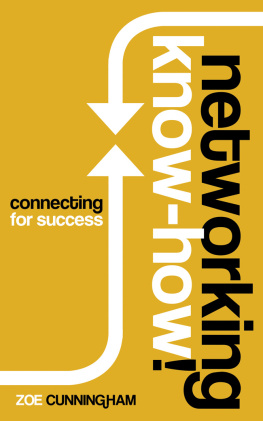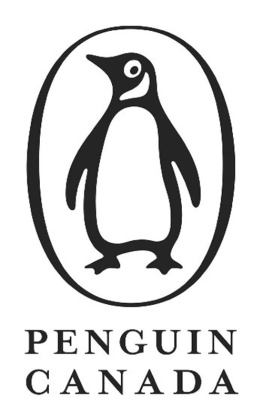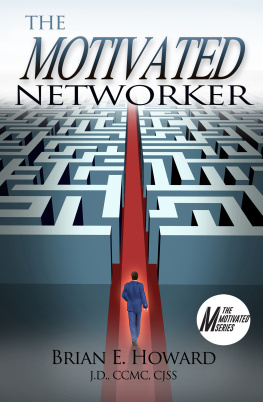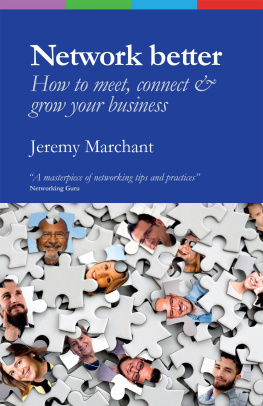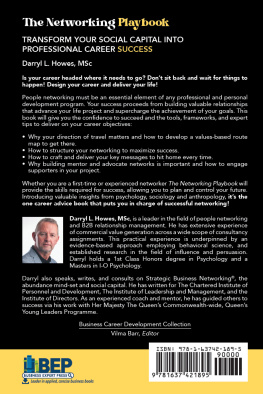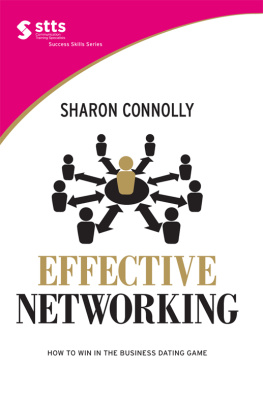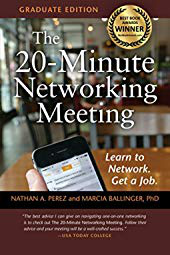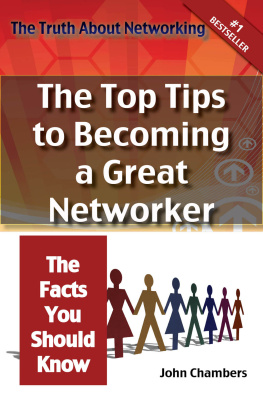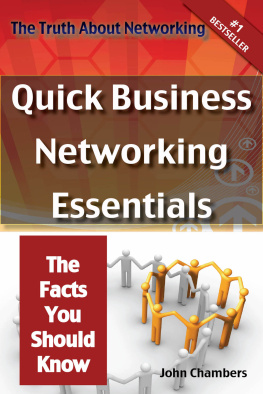First published in Great Britain in 2016 by Urbane Publications Ltd
Suite 3, Brown Europe House, 33/34 Gleamingwood Drive, Chatham, Kent ME5 8RZ
Copyright Zoe Cunningham, 2016
The moral right of Zoe Cunningham to be identified as the author of this work has been asserted in accordance with the Copyright, Designs and Patents Act of 1988.
All rights reserved. No part of this publication may be reproduced, stored in a retrieval system, or transmitted in any form or by any means, electronic, mechanical, photocopying, recording or otherwise, without the prior permission of both the copyright owner and the above publisher of this book.
A CIP catalogue record for this book is available from the British Library.
ISBN 9781911129066
EPUB 9781911129073
KINDLE 9781911129080
Design and Typeset by Julie Martin
Cover by Julie Martin
Printed in Great Britain by CPI Antony Rowe, Chippenham, Wiltshire


The publisher supports the Forest Stewardship Council (FSC), the leading international forest-certification organisation. This book is made from acid-free paper from an FSC-certified provider. FSC is the only forest-certification scheme supported by the leading environmental organisations, including Greenpeace.
Id like to dedicate Networking Know-How to to my husband Sean Williams, who has always believed in me and taught me how to believe in myself. Id also like to thank Justine Solomons, who took me to my first networking event and encouraged me to get started with networking. And Ghilaine Chan, my co-founder at Exponential, whos helped me to refine my networking technique and meet even more great people.
contents
introduction
After completing a mathematics degree, I started my career working as a software developer. For five years I talked to machines, in their language, or to my colleagues who were also coders. I socialised with people I knew; I was terrified when I had to sit at a table without my husband at a friends wedding because my husband was the Best Man and was sitting on the top table.
I hadnt heard of networking, and if I had I would have been appalled by it. I had a general antipathy to all forms of selling and I would have understood networking to be cold calling but in person truly horrifying!
Gradually as my career developed my role expanded and I took on responsibility for talking to clients, eventually heading up the support team. Now I talked to clients on a regular basis, but in a support rather than a sales role. I considered the two to be opposites. Working in support I was helping people, whereas in sales they were trying to get things from people. I knew that sales was what paid my salary, but I considered it a kind of necessary evil rather than a genuinely useful function.
My first experience with the sales function of the company came in the form of technical sales I was lured in by the fact that it was a role for technical people. My responsibility was for scoping and estimating the work that needed doing. I was assured that all sales was left to the salesperson proper, who accompanied me.
As I worked more closely with the sales team, a lot of my fears diminished. Sometimes the work could be high pressure and nerve wracking, but the emotional rewards of winning a contract more than made up for this. Further, the real sales work that the sales team, rather than the technical team, did seemed to not be work at all. A lot of it was lunches, coffees or just general meetings with clients, and everyone seemed to be having a lot of fun. I decided that maybe I would give it a go.
This move to the sales team turned out to be one of the smartest of my career. Everything I had previously thought about sales was incorrect. I learned a new phrase consultative selling, which described how to sell complex software systems. You can only do this in partnership with the client. You are on their side, not on the opposing team. Whats more, learning how to solve other peoples problems using the skills and services that you have available (which is how I would now describe the sales process) is applicable to almost every scenario where you want to achieve a specific outcome. Which, it turns out, is almost always.
True to my expectations, the first few networking events that I attended were horrifying. I remember following around my manager and mentor Justine Solomons (now founder of the successful digital publishing network Byte the Book) like a lost puppy, terrified of going to meet new people. At one event for BBC suppliers, the first person that Justine and I met was a similarly network- phobic supplier. I remember really clearly Justine giving me and the other supplier a pep talk as we were clinging to her coat-tails. You need to go and meet people. Off you go. Shoo!
Hundreds of events later, I have learnt from the hard master of experience how easy networking can be if you approach it with the right attitude. Ive learnt how to fake it until you make it and how to make meaningful connections by being authentically myself. Most of all Ive found not only that I can have fun at networking events, but also that having fun makes me more successful.
If I could go back in time and tell myself this ten years ago, I wouldnt have believed it.
So thats my personal journey from shrinking violet to life and soul of the party. But unless you have been through this journey yourself, you might be thinking Why bother? Yes, I can see how perhaps I too could come to love networking, but I dont see that I need to.
Networking is often seen as a tool for salespeople and recruiters, for the professionals that rely on a little black book of contacts in order to get the job done. If you work on the front line or as a manager, you might be forgiven for thinking that its of no use to you, however much fun you might (possibly!) be able to have.
My journey to understanding why networking is for everyone, not just salespeople, started with a fundamental shift in how I viewed the world. For everyone, our training for the real world starts in a schooling system, almost all of which operate in a way that is, it turns out, not at all like the real world.
When you are working to get ahead in school, you are operating in a win-lose environment. If you help your friend to study and get an A grade, it doesnt help your marks. Worse, most grading systems are relative, so by helping your friend to get an A you are actually reducing your chances to get one.
Lots of people operate with a win-lose mindset. If your colleague wins the promotion, you dont. If everyone in your organisation becomes more talented, you become less valuable. If a similar company to yours makes a sale, your market share diminishes.
It is natural to think this way. In the formative years of the human race, resources were scarce. Human beings were very often in the situation that if someone else ate, you did not. You had to be prepared to fight to stay alive. There are also situations today that are win-lose. If you are competing against others, for example in a professional sport, only one person can take home the gold medal.

